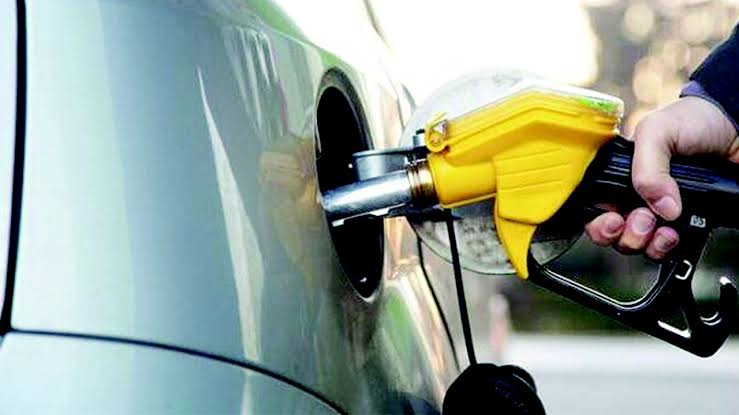Irked by the rising cost of living and hikes in transport fare ocasioned by fuel subsidy removal, some workers in Bauchi, Dutse and Gombe have advocated urgent interventions to ease their sufferings.
They also called for introduction of elaborate public transport system and welfare scheme to enhance transportation services and encourage productivity.
A cross section of the workers, made the call while responding to a survey by the News Agency of Nigeria (NAN) on effect of fuel subsidy removal on federal civil servants, in Bauchi, Dutse and Gombe.
On May 29, President Bola Tinubu announced removal of fuel subsidy in Nigeria.
This is one of the bold decisions taken by the Tinubu’s administration in its drive to transform the nation’s economy and rejig the comatose petroleum industry.
Nigeria, a major oil producing country could not meet its local petrol demand due to its moribund refineries.
The trend led to the total dependence on imported refined petroleum products at the detriment of the government revenues and the nation’s economy.
Growing fuel importation strains the local currency and low government’s earnings occasioned by inflated subsidy payments marred with alledged corruption and mismanagement.
According to official statistics, the Federal Government spent about N10 trillion on fuel subsidies between 2006 and 2018, and N5.82 trillion between 2021 and 2022 while it gulped N3.36 trillion from January to June 2023.
The huge spending on fuel subsidy is a major impediment to government’s ability to invest in crucial sectors of the economy and social services.
Thus, the fuel subsidy removal resulted to hike in prices of goods and services which attracted public outcry.
To cushion the effect of the subsidy removal, the federal government rolled out viable interventions and approved N5 billion palliative to each of the 36 states and the Federal Capital Territory (FCT).
However, the workers said the action exposed them to difficult conditions due to unprecedented hikes in pump price, high cost of food items and transport fare.
Mr Aminu Abubakar, a teacher in Dutse, Jigawa, said that people are now buying food items at exorbitant prices due to fuel subsidy removal.
“My concern is how to cope with spending N1,400 daily on transport fare for myself and four children schooling in two different areas of Dutse metropolis,” Abubakar lamented.
Another worker, Ahmad Balarabe, said that he now spends N10,000 weekly to fuel his car as against N4,000 before the increased in pump price.
“This is outside unforseen expenses concerning health and so on. Life is getting harder for us because there is no increase in our monthly salaries”.
Mr Ibrahim Yusuf, Chairman, Association of Non-Governmental Organisations in Gombe State, said that fuel subsidy removal negatively affected workers’ performances.
Yusuf noted that there was low turnout of workers at the Federal Governmnet Secretariat in Gombe, as only a handful of workers report to their duty posts daily.
“Most of the workers go to work using commercial vehicles as they could not afford to fuel their cars”.
He stressed that urgent measures are necessary to remedy the situation and restore normalcy to avoid breakdown of the public service.
Corroborating earlier opinion, Mr Istifanus Saluk, called for upward review of salaries to cope with current economic realities.
“Salary remains the only source of income to the workers, such review will boost morale and encourage productivity”.
Also, Dr Mark Anthony, a Bauchi-based accountant and Mr Kanane Abraham, a civil society activist, observed that workers spent over 65 per cent of their salaries on transportation.
The experts, therefore, advised the state governments to channel the N5 billion palliative by increasing investment in agriculture, transportation and social services.
They further urged the federal government to utilise the monies saved from the subsidy removal to fix nation’s refineries to encourage local production of petroleum products.





